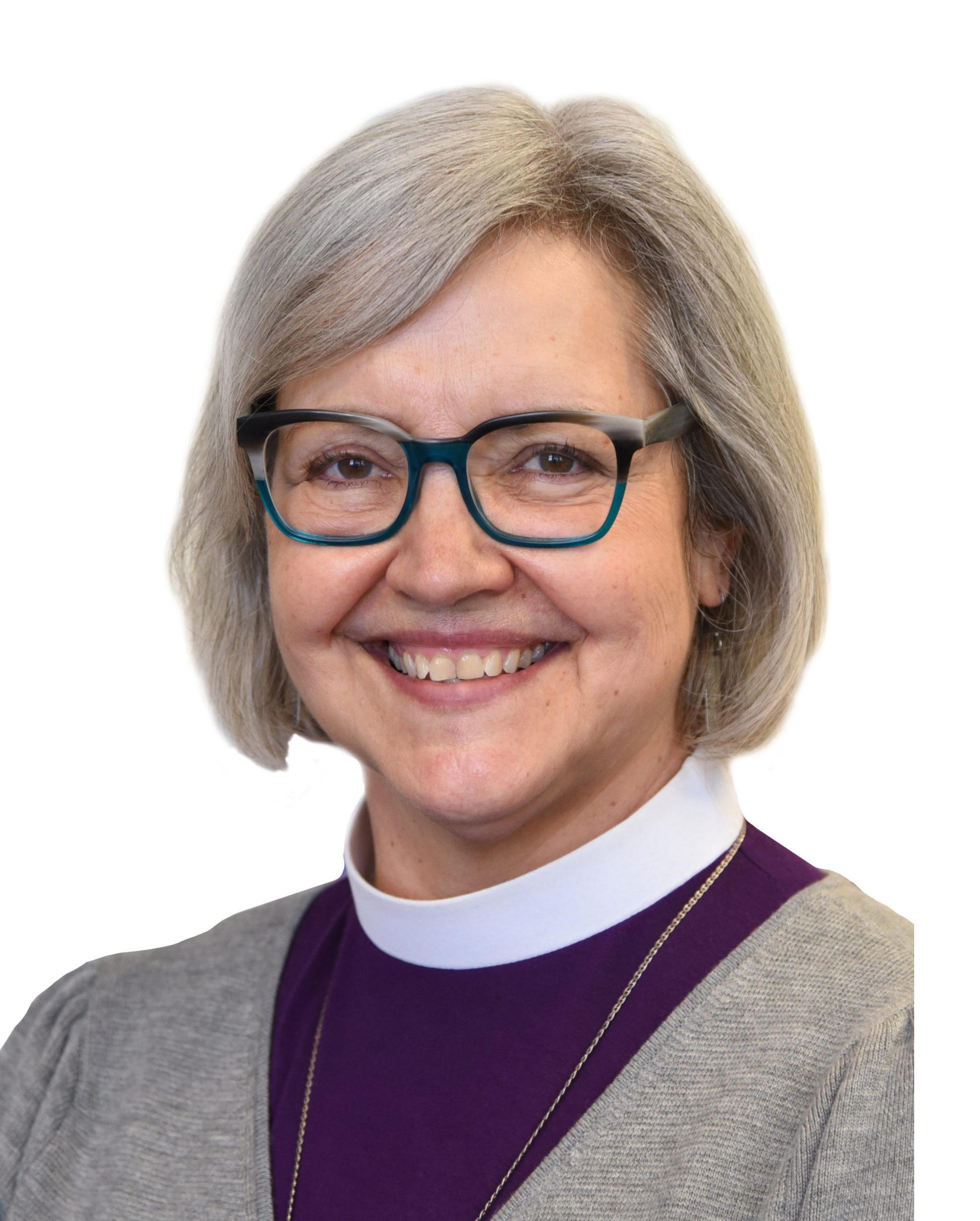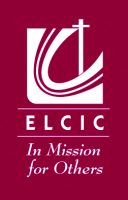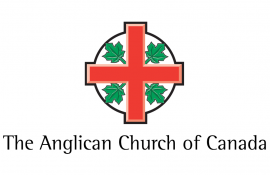Who We Are
Mission, Vision, Constitution & Bylaws
Mission Statement
In Mission for Others
Vision Statement
We at Grace Lutheran Church
welcome, serve, and love all through God’s grace and our vision is to become a visible, outreaching community resource, to be active, enthusiastic and supportive while working together to lead and minister the spiritual and social needs of the congregation and community.
Constitution & By-Laws


Our Beliefs
Lutheranism
As one of the oldest Protestant denominations, Lutheranism is a branch of Christianity that traces its core beliefs and practices back to the teachings of the German monk Martin Luther (1483-1546). Luther’s biblical insight was that “we are justified by God’s grace through faith.” In other words, we are saved by God’s grace through faith, and not by our actions.
As Lutherans, we confess our faith in the words of the ancient Christian creeds and claim to be a part of “the one holy Christian (catholic) and apostolic church”.
Ecclesia semper reformanda est is Latin for “the church is ever reforming”. Lutheranism seeks to maintain its essential tradition, while evolving with cultural and social changes.

Evangelical
“Evangelical” comes from Greek origin meaning “good news” or “gospel”. Evangelical indicates our commitment to sharing a faith that is based on the life, death and resurrection of Jesus.
Lutherans have no direct connection to other Christian denominations which may describe themselves as “evangelical”.
Lutheran Beliefs
Lutherans recognize two sacraments as instituted by Christ himself: Holy Baptism and the Lord’s Supper.
Lutherans practice both infant baptism and baptism of believing adults, by sprinkling or pouring water rather than immersion. In Holy Baptism, God establishes his relationship with us. All Christians are united by this one Baptism in the name of the Father, and of the Son and of the Holy Spirit.
In 1529, Martin Luther wrote 2 catechisms (or guides to the faith). Even today, these works provide us with a precise and understandable introduction into our Christian faith.
The Small Catechism contains basic explanations of the Ten Commandments, Apostles’ Creed, the Lord’s Prayer, baptism, confession, communion, and a list of prayers and table of duties. The Large Catechism goes into great detail on these topics.
As Lutherans, we confess our Christian faith in the words of the 3 ancient Christian creeds: the Apostles’ Creed, the Nicene Creed, and the Athanasian Creed. These ancient professions of faith summarize basic Lutheran belief.
As with all Christians, we believe in God the Father, God the Son and God the Holy Spirit. God comes to us as one God, who is revealed to us in three distinct ways:
- The Father (Creator) created the world and humankind, entrusting us to be the stewards of creation.
- The Son became human in the form of Jesus, the Son of God. Jesus’ life, death, and resurrection model how God would have us live in communion with God and one another.
- The Holy Spirit sustains and guides us both as a church and as individuals in contemporary life.
Together, Father, Son, and Spirit are God, Three-in-One.
Lutherans recognize two sacraments as instituted by Christ himself: Holy Baptism and the Lord’s Supper.
The Lord’s Supper is the central act of worship in the Lutheran denomination. In Holy Communion, we believe in the true presence of Jesus Christ in the elements of bread and wine. We eat his body and drink his blood, reassured that our sins are forgiven and receive nourishment for our daily journey.
At Grace Lutheran Eganville, anyone is welcome to partake in Holy Communion.
Lutherans believe salvation comes by the grace of God through faith alone; not by works and sacraments.
We also believe that salvation is available to all humans through the redeeming work of Christ.
In the Lutheran Church, much emphasis is placed on hearing the Word of God. The Bible is the inspired word of God through which God still speaks, written by people for people over hundreds of years. We believe that our faith is based on the life, death and resurrection of Jesus as it is witnessed in the New Testament.
Lutherans believe each individual has the right to reach God through Scripture, with a responsibility to God alone. (i.e. it is not necessary for a priest, pastor or reverend to mediate).
Ecumenical Relationships
Lutherans have been actively involved in the modern ecumenical movement. Ecumenism is the concept that Christians who belong to different Christian denominations should work together to develop closer relationships and promote Christian unity.
The Evangelical Lutheran Church in Canada (ELCIC) and the Anglican Church of Canada have been in full communion since 2001. This is a special relationship by which clergy, members and congregations of both denominations are recognized as brothers and sisters in Christ fully sharing in a celebration of the word and sacrament without any restriction or qualification.
Relationships to Other Religions

At the denominational level, the Lutheran church is in dialogue with our Jewish, Muslim, Hindu, and Buddhist brothers and sisters to overcome our mutual ignorance, prejudices and false assumptions. We feel deeply connected to the people of other faith traditions by recognizing that they have the same dedication, devotion and loyalty in their expression of faith as we have to ours.
“As a Reformation church, we are compelled to rethink ourselves from generation to generation and to ensure that the way in which we organize ourselves affords God’s people the best opportunity to boldly participate in God’s mission in this present moment in history.”

Grace Lutheran Church History
Grace Evangelical Lutheran Church traces its history to German immigration to the Ottawa Valley in the early 1880’s. The desire to gather to worship God in the Lutheran tradition in the village of Eganville (in Renfrew County) was the dream of the sixteen charter members of Grace who constructed its first church building in 1888. As the community grew and flourished, Grace Lutheran soon outgrew its church home, and a larger church building was built in 1916 in the gothic style.
Many ministries within the church and community necessitated more space for gathering and education. For these purposes, an addition to the church was built in 1952.
Grace Lutheran became a full member of the Canada Synod in 1947 and has retained this status in its successor bodies, the Eastern Canada Synod of the Lutheran Church in America (LCA) and, most recently, the Eastern Synod of the Evangelical Lutheran Church in Canada (ELCIC).


A devastating fire destroyed the church building on May 25th, 1992. However, the dedication and perseverance that began this faith community endured, and the church was rebuilt. The present house of worship was dedicated in May of 1994.
Grace Lutheran continues to joyfully gather families from Eganville, Pembroke and the surrounding area.

- Our facility is completely accessible


